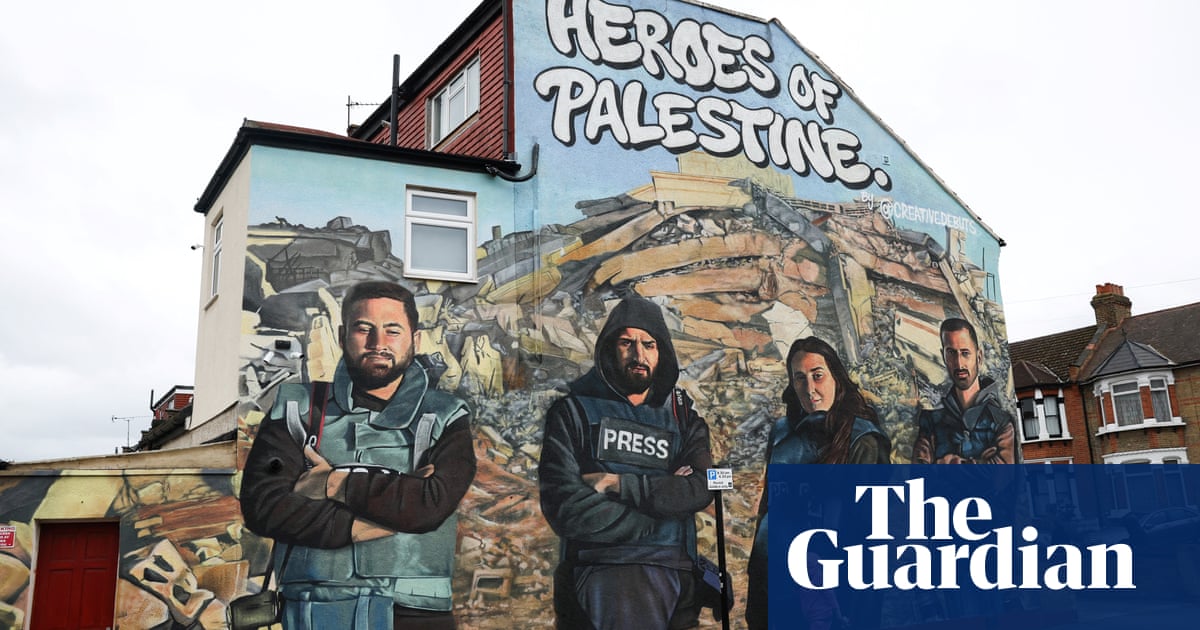One good thing about local elections is that they reveal what people actually care about. Not the stuff we claim to care about in surveys, or on Twitter, or in conversations with friends. Not climate change or foreign policy or even, really, politics.
Getting from A to B. That’s what matters – at least in my patch of north-east London. We haven’t been able to get from A to B since September 2020, when, seemingly overnight and with no consultation that anyone can recall, the streets of Hackney and Islington were suddenly reconfigured into strange new contortions.
Enormous flowerpots containing tree saplings were plonked onto residential roads to stop cars passing through, and signs promising a greener future redirected traffic onto main roads, which were suddenly choked with angry motorists.
It took me a few months to come to terms with not being able to go anywhere. I miss, especially, being able to visit my aged mother on the other side of London without having to pack an overnight bag. But it could be much worse. At least I am middle class. I have the kind of job that can easily be done from home, and the kind of home that really benefits from one of these “low traffic neighbourhood” schemes (LTNs).
Our pretty, tree-lined street is now quieter than at any time since the invention of the combustion engine. Sitting in my back garden, I can hear my environment more clearly than in half a century of urban living. Different kinds of birdsong. The thwock of tennis being played in the nearby park. And only very faintly – so mercifully faint – the grumble and honk of the hoi polloi, still valiantly attempting to get to and fro.
LTNs are a class issue – but one that, like so many class issues now, doesn’t map neatly onto old political loyalties. Funded by a Tory Government, they have been eagerly implemented by Left-wing councils, even though the people who hate them most tend to be traditional Labour voters. The low-income workers who have to leave the house to get to work, and whose bus journeys are now even slower.
These voters can’t afford to live in the quiet “residential” streets, so they don’t get to hear the birdsong. For the 10 per cent of Londoners who in fact reside on the main arterial roads, the noise and smog is incredible. Traffic on my nearest main road has risen by an estimated 40 per cent, no doubt aided by the redirection of cars from quieter residential areas.
Our Labour council introduced the LTN as a temporary measure, accompanied by honeyed promises of a local consultation and debate. When it finally got round to holding that consultation, 62 per cent of respondents said they opposed the LTN. The council reacted by making it permanent.
“I’m never voting Labour again,” a cab driver told me, last time I was foolish enough to leave my immediate neighbourhood. He waved a hand around to indicate the Islington perma-jam. “Look at this! How is this helping the working man?”
A florid Cockney from a long line of Labour voters, he told me everyone he knew would be voting Tory this time, because of the LTNs. “It won’t make any difference,” he then conceded. “This area is a one-party state. I’m moving to Essex.”
I tutted sympathetically, paid my fare and walked the rest of the way home – away from the traffic, and into the silent, expensive streets.
https://www.telegraph.co.uk/news/2022/05/04/ltns-harm-working-man-left-just-doesnt-care/





